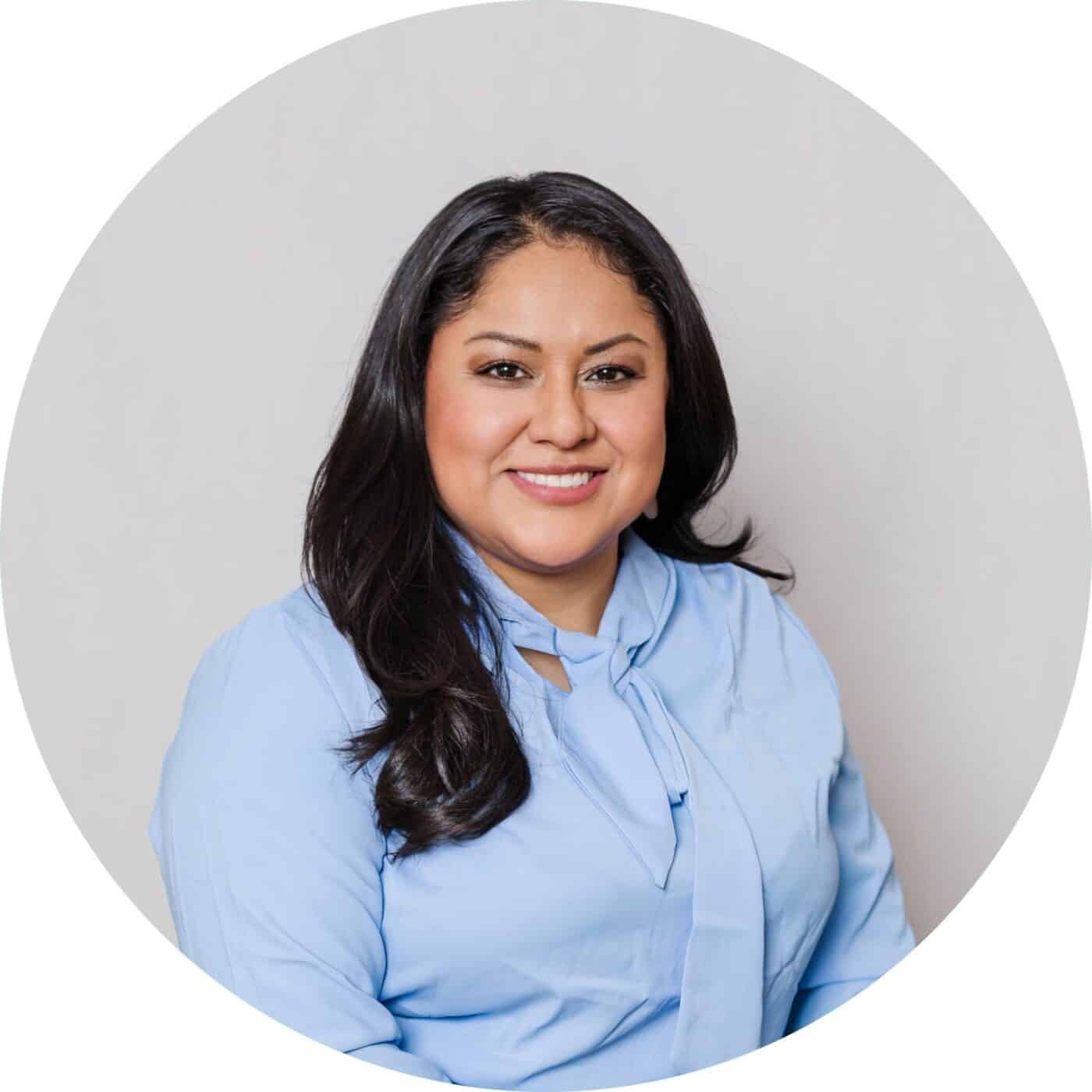Relationship Therapy in NYC

Fostering Healthy Connections Through
Relationship Therapy
Relationship therapy at Looking Glass NYC is an invaluable resource for couples looking to strengthen their bond and work through any issues that may arise. Whether you are in a long-term relationship or just looking to strengthen your personal relationships, counseling can help you build a healthier, more fulfilling connection.At Looking Glass NYC, we specialize in providing expert relationship therapy services to couples and individuals in New York City and the surrounding states. Our team of experienced therapists is dedicated to helping couples identify and address issues they are facing. From communication skills to conflict resolution, our therapists are here to help you navigate any challenges you are facing.

What is Relationship Therapy?
Relationship therapy is a form of counseling that helps couples and individuals improve their relationships. Relationship therapy can be highly effective when it comes to improving communication, resolving conflicts, and deepening emotional connections between partners. Studies show that couples who engage in relationship therapy report higher levels of satisfaction with their relationships than those who do not. The success rate of relationship therapy varies depending on the couple’s commitment to the process of going through therapy together, but many couples report positive outcomes after just a few sessions.
Relationship therapy typically involves discussing issues in the relationship, exploring each partner’s feelings and perspectives, learning new communication skills, and developing strategies for resolving conflicts. It is important for both partners to be open and honest during these sessions so that they can work together towards a common goal. By learning how to communicate effectively, couples build stronger relationships based on trust and mutual respect.
Common Issues We Address in
Relationship Therapy at Looking Glass NYC
At Looking Glass NYC, our relationship therapy services are tailored to address a wide range of issues that couples may face.
Below are some of the common issues we address in therapy:
Many couples struggle with effective communication, leading to misunderstandings and conflicts. Our therapy focuses on developing clear, respectful, and empathetic ways of communicating.
Rebuilding trust after infidelity or dishonesty is a critical part of our therapy process. We work with couples to address the causes of mistrust and develop strategies for rebuilding a strong foundation of trust.
We teach couples constructive conflict resolution skills to address disagreements in a healthy way. This includes learning how to compromise, express needs, and active listening.
Whether emotional or physical, intimacy issues can strain a relationship. Our therapists help couples enhance closeness and connection.
Major life events such as moving, job changes, or starting a family can test a relationship. We provide support and guidance for couples navigating these transitions.
Money issues are a common source of tension between partners. Our therapy sessions can help couples develop a healthier relationship with money and improve how they communicate and make decisions about finances together.
Different parenting styles can lead to conflict. We assist couples in finding common ground and using co-parenting strategies that work for both partners.
Over time, some couples may feel they have grown apart. We work with couples to rekindle the love and passion in their relationship.

The Various Relationships That Can Benefit from Therapy
When we think of “relationship therapy,” it’s common to assume it revolves solely around romantic partnerships. However, the scope of relationship therapy extends far beyond this. In reality, relationships form the backbone of our social lives and encompass a broad spectrum of interactions in our lives. Relationship therapy can offer support and strategies for a wide variety of relationships, not just those that are romantic in nature. Whether it’s family, friendships, or professional relationships, therapy can provide valuable insights for enhancing communication, understanding, and overall relationship health.
Here’s a closer look at the types of relationships therapy can help with:
This includes individuals who are dating, in long-term partnerships, married, or in non-traditional romantic arrangements.
Assistance for couples dealing with the unique challenges posed by geographical separation.
Support for navigating the dynamics of maintaining multiple romantic connections.
Specialized therapy that respects and addresses the experiences faced by LGBTQ+ couples.
Guidance for families navigating the dynamics of step-parenting and step-siblings.
Helping separated or divorced parents collaborate effectively to raise their children.
Improving the relationship dynamics, communication, and understanding between parents and children of all ages.
Addressing conflicts, rivalry, and other issues that can arise between siblings.
Enhancing work relationships between colleagues, as well as between supervisors and employees.
Navigating the ups and downs of platonic relationships and resolving conflicts that arise.
Improving understanding between different generations within a family, such as grandparents and grandchildren.
Assisting individuals and couples in rebuilding trust and strengthening their relationship following challenges such as infidelity or addiction.
Seek Relationship Therapy in New York City
Relationships are an integral part of our lives, shaping our experiences, emotions, and overall well-being. We believe that every relationship has the potential to thrive when provided with the right support and tools.
Through relationship counseling, you can expect to:
- Gain insights into your relationship dynamics and patterns
- Develop effective communication skills and strategies
- Enhance emotional intimacy and trust
- Resolve conflicts in a constructive manner
- Foster personal growth and self-awareness
Don’t let relationship challenges stand in your way. Contact us today to schedule a consultation and discover the benefits of relationship counseling.

Relationship Therapy FAQs
During your first session, your therapist will ask you questions to get to know you and understand your reasons for coming to therapy. Your therapist will want to learn about your history, what’s going on with you now, and learn about what you want to get out of therapy. You’ll also have the opportunity to ask them questions about how therapy works so you know what to expect.
The amount of time relationship therapy takes is different for each person. If you’re dealing with a short-term stressor or issue that you want resolved, that will typically take less time than if you’ve been experiencing this problem for a long time. For some, relationship therapy is short-term, taking just a few months until they are satisfied with their progress. For others, relationship therapy will become a part of their routine, helping them manage ongoing concerns in their life and having a safe outlet for them to explore themselves, their patterns, and understand themselves on a deeper level.
With the rise in virtual therapy, it makes sense to want to know more about how it works. Research shows that virtual therapy has the same benefits as therapy that takes place face-to-face. Virtual therapy is an effective way to fit therapy into your busy schedule, as it allows you to talk to your therapist in the comfort of your own home. With virtual therapy, you avoid the hurdles that can happen with face-to-face appointments, such as scheduling conflicts, traffic, and travel time. In order to make the most of your virtual session, meet with your relationship therapist in a private space in your home and have a good internet connection.
You’ve decided to take that next step and start relationship therapy, and it can feel overwhelming to decide on a therapist. That’s why we offer a complimentary consultation call with a Looking Glass Intake Coordinator to help you make an informed choice. Every therapist has different strengths and styles that they bring to sessions. When you are in the process of selecting a therapist, talk to your coordinator about what you want to get out of therapy so you can rest assured that you are matched with the right person for you.
Starting from your first session, you and your relationship therapist will talk about what you want to get out of therapy. You may come in with a very specific goal, or you may use therapy as a space to talk about relationships in conjunction with other ongoing events in your life. Regardless of your goals, your therapist will create a space for you to talk about how therapy is going so you are both on the same page about the process. Ultimately, you will get more out of therapy if you are willing to put more into it. Below are a few signs of progress that clients typically note:
- You’re able to function better at work, school, or in your personal relationships.
- You start to find that you have a better understanding of yourself, your feelings, and your behaviors. You’ve gained insights and are making connections that you didn’t make before.
- You might be using new relationship skills that you’ve learned in therapy, and they’re helping in your daily life.
- People close to you may tell you that they have noticed positive changes.
Looking Glass Psychology is Out-of-Network with health insurance. If you have an Out-of-Network or PPO insurance plan, your insurance will refund a large portion of each session, as long as you have met your Out-of-Network deductible. After each appointment, we’ll supply you with a receipt called a superbill or reimbursement form. To submit for a partial refund, simply log into your health insurance portal to enter the information listed on your superbill. If you have an Out-of-Network plan and have met your Out-of-Network deductible, your health plan will mail the partial refund in the form of a check to your home a few weeks after each appointment. Questions? Email info@LookingGlassNYC.com or chat with us live during business hours by clicking the “Message Us” button on this page.
Your appointment request is our top priority, so we’ll get you on the schedule as soon as possible – no waitlists, and no hassle. Many of our clinicians offer both in-person and video appointments in the early morning, afternoon, late evening, or even weekends. To request an appointment, click the following link: https://lookingglassnyc.clientsecure.me or chat with us live during business hours by text or call our main office line, (646) 760-3399.
Trusted Experts
Match with your perfect NYC Therapist
-
 Dr. Gindy is wonderful. My life has changed dramatically for the better. My mental health along with my personal development has taken huge leaps forward in such a short period. My time spent with Dr. Gindy is invaluable. My only regret is not meeting her sooner.
Dr. Gindy is wonderful. My life has changed dramatically for the better. My mental health along with my personal development has taken huge leaps forward in such a short period. My time spent with Dr. Gindy is invaluable. My only regret is not meeting her sooner.










